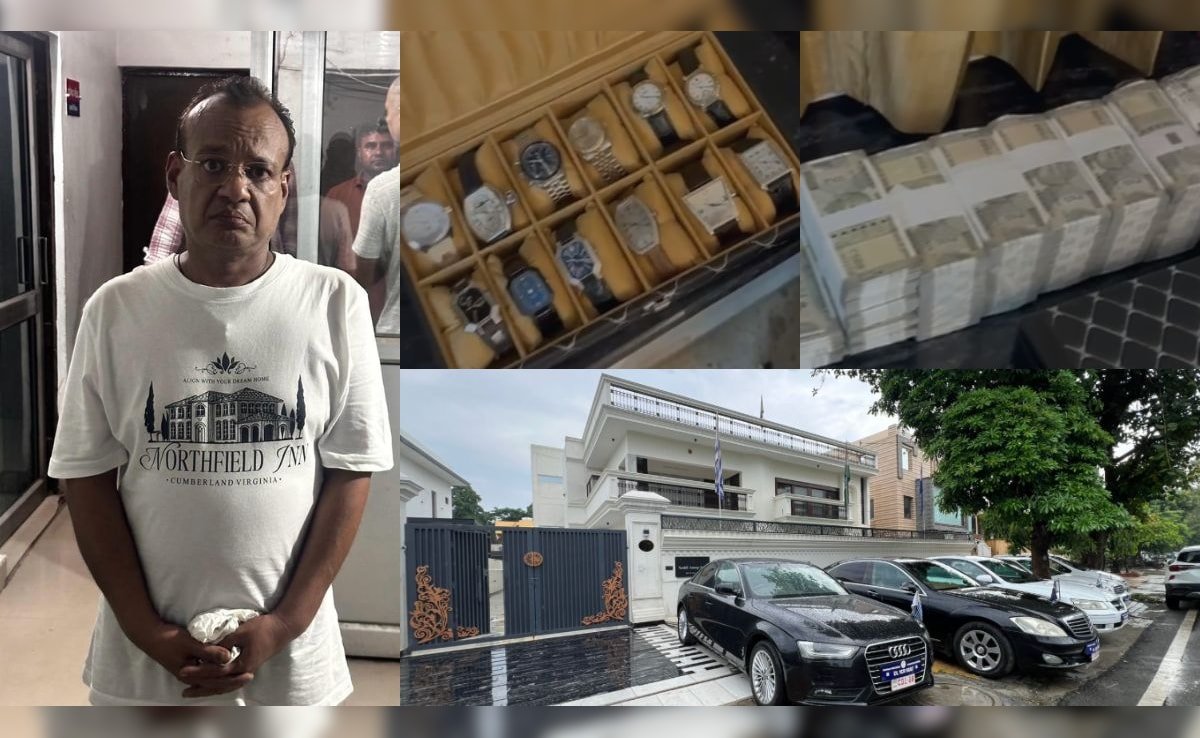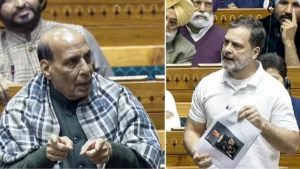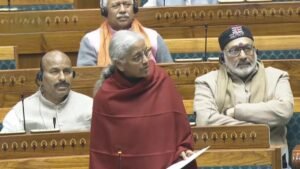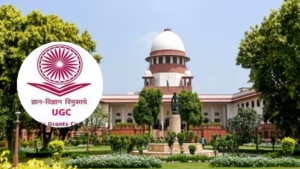The recent arrest of a supposed diplomat has shocked authorities and residents across India. Harshvardhan Jain, who claimed to represent the fictional nation of Westarctica, operated a fraudulent embassy in Ghaziabad for seven years. This elaborate deception fooled countless people and raised serious questions about diplomatic oversight.
The Shocking Discovery of a Fake Embassy Operation
Local police discovered the fraudulent diplomatic mission during a routine investigation in Ghaziabad. The fake embassy had been operating openly since 2017, complete with official-looking documents and ceremonial protocols. Neighbours believed they lived near a legitimate foreign diplomatic facility for years.
Jain presented himself as the official envoy of Westarctica, a micronation claiming territory in Antarctica. The operation included issuing fake visas, conducting mock diplomatic meetings, and collecting substantial fees from unsuspecting victims. Authorities estimate hundreds of people fell victim to this sophisticated scheme.
Understanding the Westarctica Diplomat Persona
Harshvardhan Jain crafted an elaborate false identity as a recognised international diplomat. He wore formal diplomatic attire, spoke multiple languages, and maintained detailed knowledge about international relations. The Westarctica diplomat persona convinced many people of his legitimacy and authority.
Westarctica exists only as a micronation without official recognition from any legitimate government worldwide. Jain exploited public unfamiliarity with obscure territorial claims to create believable diplomatic credentials. His knowledge of protocol and international law made the deception particularly convincing.
The fake diplomat created official letterheads, seals, and identification documents that appeared authentic to casual observers. He established relationships with local businesses and community leaders who accepted his diplomatic status without question.
How the Seven-Year Deception Remained Undetected
Operating for seven years without detection required careful planning and execution on Jain’s part. He maintained consistent behaviour patterns, paid rent regularly, and avoided drawing unwanted attention from authorities. The operation’s longevity demonstrates the sophistication of his fraudulent scheme.
Key factors that enabled the long-running deception include:
- Lack of public awareness about legitimate diplomatic procedures
- Limited verification systems for foreign diplomatic missions
- Jain’s convincing portrayal of diplomatic protocols and behavior
- Strategic location in Ghaziabad, where oversight might be less stringent
Local residents recall seeing official-looking vehicles and formally dressed visitors at the embassy regularly. The consistent activity patterns reinforced the illusion of legitimate diplomatic operations throughout the neighbourhood.
The Elaborate Setup in Ghaziabad That Fooled Everyone
The Ghaziabad location provided the perfect cover for Jain’s fraudulent diplomatic mission operations. He rented office space in a commercial building and decorated it with flags, portraits, and official-looking furniture. The setup closely resembled legitimate embassy facilities that most people rarely visit.
Jain installed proper signage identifying the building as the official Westarctica embassy in India. He maintained regular office hours, employed support staff, and conducted what appeared to be official diplomatic business. The professional appearance convinced visitors of the operation’s authenticity.
The fake embassy processed visa applications, issued travel documents, and conducted ceremonial events that mimicked real diplomatic functions. Jain charged substantial fees for these fraudulent services, generating significant income over seven years of operation.
Financial Impact and Victim Testimonials
Authorities are still calculating the full financial damage caused by Jain’s elaborate fraud scheme. Initial estimates suggest hundreds of thousands of dollars were collected through fake visa fees and document processing charges. Many victims paid substantial amounts, believing they were receiving legitimate diplomatic services.
Several victims have come forward describing their experiences with the fraudulent embassy operations. One businessman paid significant fees for what he believed were official trade documentation services. Another family spent thousands seeking immigration assistance through the fake diplomatic channels.
The emotional impact on victims extends beyond financial losses, as many feel embarrassed about falling for the elaborate deception. Some victims trusted Jain with sensitive personal information and important life decisions based on his false diplomatic status.
Legal Consequences and Ongoing Investigation
Harshvardhan Jain now faces multiple serious criminal charges related to fraud, impersonation, and document forgery. Authorities are conducting a thorough investigation to identify all victims and recover stolen funds where possible. The case highlights significant gaps in diplomatic oversight and verification procedures.
Law enforcement agencies are working to understand how such an elaborate fraud operated undetected for so long. The investigation may lead to policy changes regarding the monitoring of claimed diplomatic facilities and the verification of foreign mission credentials.
Additional charges may be filed as investigators uncover the full scope of Jain’s fraudulent activities. The case serves as a warning about the need for better public education regarding legitimate diplomatic procedures and recognition.
Lessons Learned from This Unprecedented Deception
This case demonstrates the importance of verifying diplomatic credentials through official government channels before conducting any business. Citizens should contact foreign ministry offices or established embassies to confirm the legitimacy of unfamiliar diplomatic missions.
The Harshvardhan Jain case reveals vulnerabilities in current systems for monitoring claimed diplomatic facilities. Authorities are reviewing procedures to prevent similar fraudulent operations from establishing themselves in the future.
Public awareness campaigns may help educate citizens about recognizing legitimate diplomatic missions and avoiding fraud schemes. The sophistication of this deception shows how convincing false credentials can appear without proper verification.








Be First to Comment